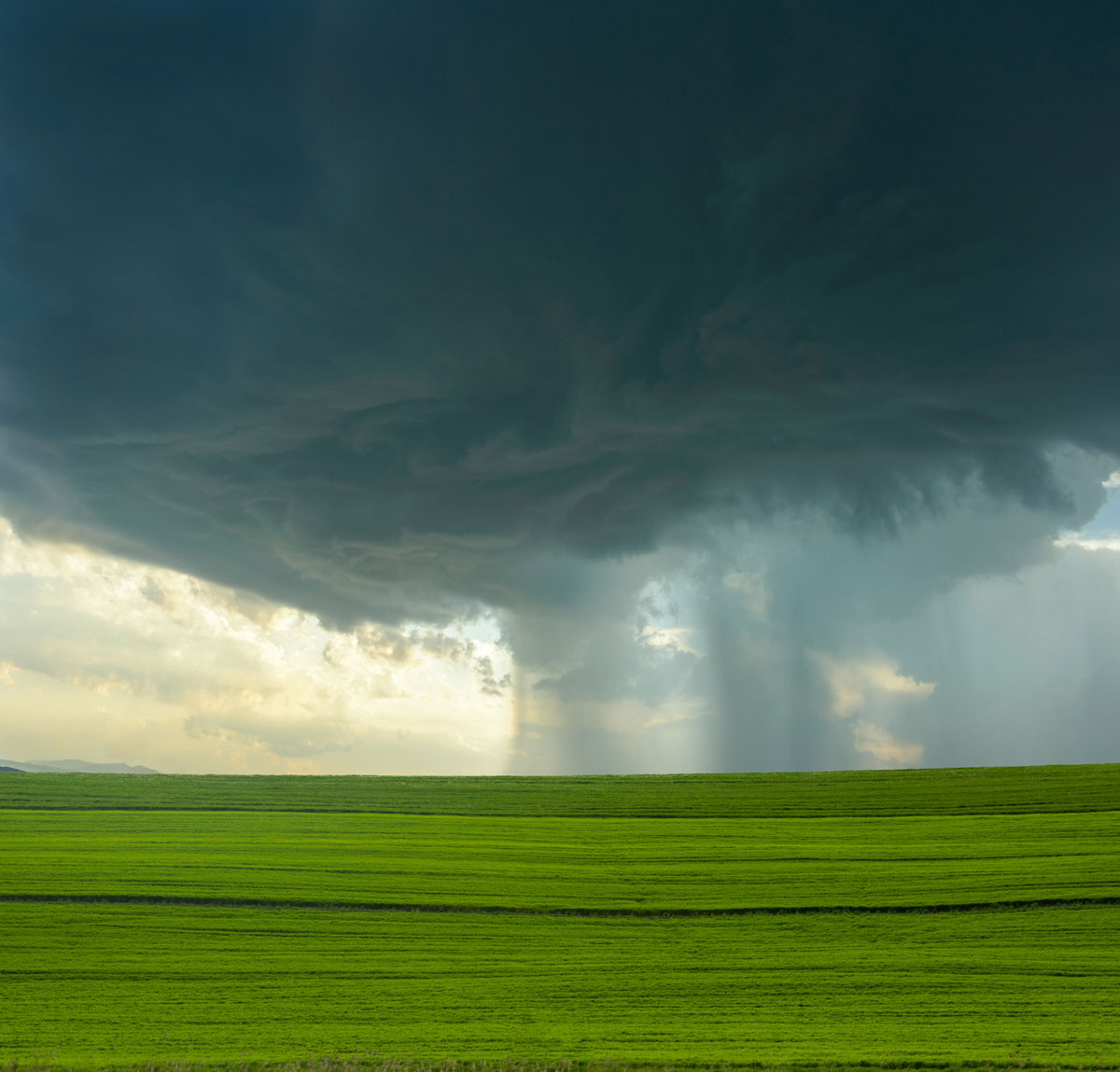Each spring we remind readers that winter isn’t the only time that weather emergencies occur. Colorado has the second-highest number of lightning strikes in the nation, surpassed only by Florida. The state ranked third in the highest number of large hailstorms in 2014, and the Front Range has had numerous storms in which hail damage has topped $1 billion. While tornados are mostly confined to the Eastern Plains, hurricane-force winds are common throughout the state. And a late-spring snowstorm proved that snow and ice damage can occur nine months out of the year.
Storm damage can be widespread or confined to a few individual homes or businesses. In either case, there are several things you can do to minimize damage and disruption to your electrical service.
Protect Against Power Surges
Besides outages, storms can cause surges in the transmission grid, and lightning strikes can do major damage to sensitive electronics. Experts recommend these measures to protect against power surges:
- Make sure your home’s lightning protection system is properly installed, especially after roofing repairs, remodeling, or if your home is over 15 years old
- Be certain your incoming electrical service and disconnect are properly grounded
- Have other service connections such as TV and phone lines checked for proper grounding
- Provide surge protection for electronic equipment and for telephone and cable/satellite TV lines connecting to the equipment
- Alternatively, have a whole-house surge protector installed at entry points
- Check your wiring to be sure all neutral (return) and grounding wires are properly attached.
Prepare for Power Outages
Whether widespread or localized, power outages range from annoying to potentially disastrous. Here are some things to consider for protection:
- Have backup power. It can be as simple as backup batteries for essential equipment, using a portable generator, or installing a whole-house emergency generator
- Keep flashlights and a portable radio handy and have fresh batteries on hand
- Turn off lights and non-essential appliances to reduce the load and prevent tripped breakers when power comes back on. Things like refrigerators, air conditioners, and motors draw considerably more power to start up than they use to run, so the fewer things on your system the less likely it will overload.
- Unplug or turn off delicate equipment like computers and TVs or provide protection from surges when the power comes back on.
Stay Safe
The safest place to ride out a storm is indoors. But you still need to take precautions:
- Never use stoves, ovens, or grills as heat sources. They can overheat, causing fires, and carbon monoxide buildup can be fatal
- During strong winds or hailstorms, stay away from windows and glass doors to avoid injury from breaking glass and flying debris
- Stay away from downed power lines. High-voltage current can travel through standing water or even damp soil. If someone is injured or threatened, don’t try to be a hero; call your utility or emergency services.
Electrical problems need prompt attention. Allstar Electrical Services offers rapid response radio-dispatched emergency services 24/7. Call (303) 399-7420 or visit our website. We’ve served the Front Range for over 15 years and are top-rated by the BBB.


